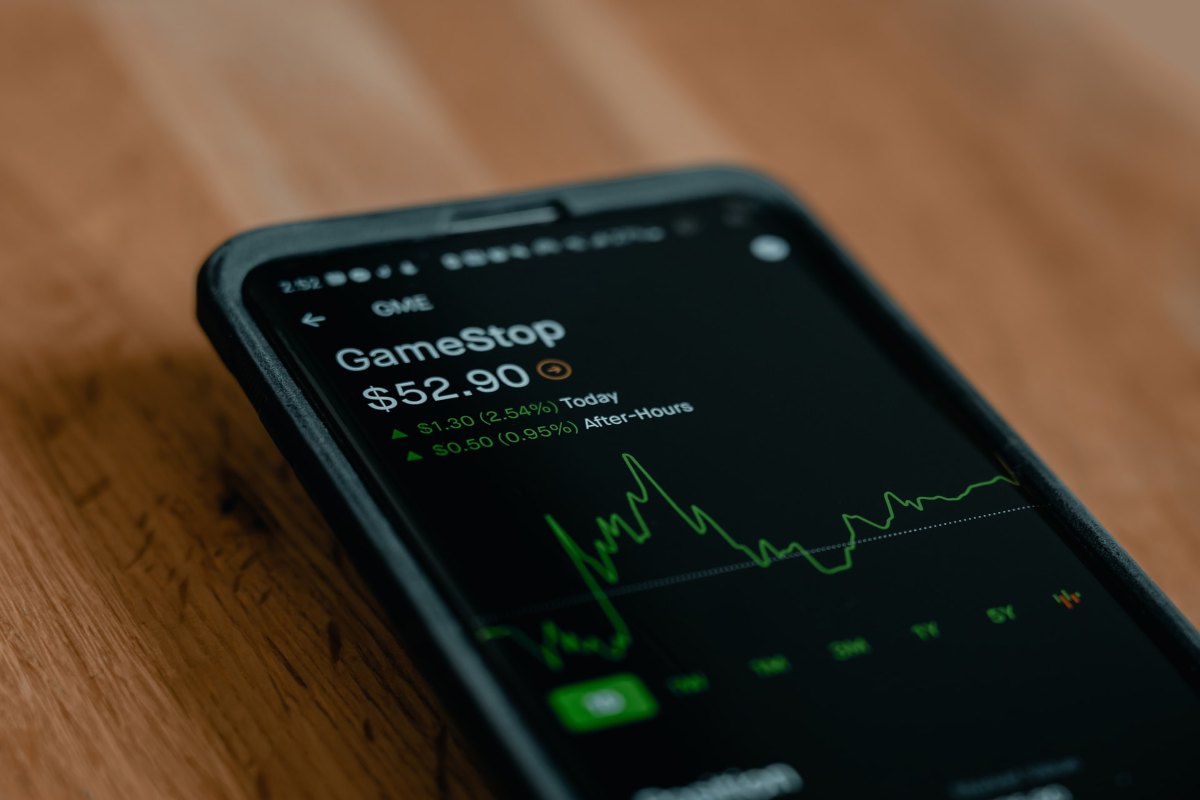Planning for the future is something we all think about, but often we’re not sure where to start. Superannuation and savings accounts can only go so far, but there is a way you can save money – and make it at the same time. Investing money in stocks is a worthwhile consideration if you want to plan ahead.
Stocks are the things that work for you, while you’re also working for you. They’re busy building you money for the future, while you’re busy making money for the present. They accumulate wealth silently and can set you up for the future of your life in a few decade’s time. They’re a means to an end.
But, how does one even start with investing in the stock market? How does it all work? Can it really be your ticket to a life without financial worry? If you’re considering an investment in the stock market, here’s a beginner’s guide on how to invest.
Understanding Stocks

Before you invest your hard-earned money in something, you must first understand how it works. This applies to stocks, too. Stocks are an investment in a particular company and its profits. Suppose you invest a certain amount of money in Company A and Company A’s profits go through the roof one year.
In that case, you might stand to make a sizable amount of money off that initial investment – of course, that is very rare, and most company’s profits stay fairly well-rounded year-on-year.
It is well established that most return-on-investment in one year is roughly 7-8%. Simply, if you bought $1,000 worth of stocks, thirty years from now, that stock would be worth roughly $8,000 today.
Stocks are supposed to be a long-term investment – many stock owners see their stocks and rise and fall over time, but rather than buying or selling, choose to hang onto the stocks.
Should I Invest?
Whether or not you should invest in a particular largely depends on one thing: patience. How much patience do you have to wait for as long as is necessary for your money to eventually climb in value to a sizable enough amount for you to sell off your stock and make a profit? This process usually takes several years and you should think of your investment as a long-term one.
Before you make the decision to invest, you should definitely consider speaking to a financial planner, who can help you to make the right decision for you and your money.
What Are Shares?
Imagine you have an apple pie in front of you. If there are eight pieces of apple pie available, and every piece is the same size, and eight people each take one piece, then there are eight equal shares invested (or, in this case, divested) from that once whole apple pie.
Simply, shares and stock are often used interchangeably as they essentially mean the same thing. A share refers to the percentage of ownership an individual has in a corporation or company. These are declared in the form of dividends.
What Is A Dividend?
A dividend is essentially the payment you receive from a company for investing your money in them.
The more shares in a company that you own, the larger your dividend. Think of dividends as incentives to buy more stocks, or shares in a company.
There are three main types of dividends:
- The first type of dividend is an interim dividend. This type of dividend is paid to you before the company has calculated its annual earnings – it meant to be a stop-gap between that time and the end-of-fiscal-year calculations. Usually, this is done six months into the fiscal calendar.
- The second type of dividend is a final dividend. This is paid at the end of a company’s financial year, once all of its calculations are complete.
- Lastly, there’s a special dividend. This is the ultimate incentive for investors, as this is paid out by a company when they achieve higher-than-normal gross-profit margins. If a company is doing very well, it may pay out a special dividend to investors. Do your research, and if a company you like is doing well, it might be a good time to hop on the investment train.
Final Thoughts
There’s lots of incentive to invest in stocks, whether it’s the potential payout many years down the line, or enticing dividends put up by companies.
If you have a favorite company, consider investing in their stock – it makes your investment a bit more personal. If you’ve some leftover money at the end of every month, consider putting that to work for you by investing it in stocks.
For more similar stories, keep visiting our business section.











